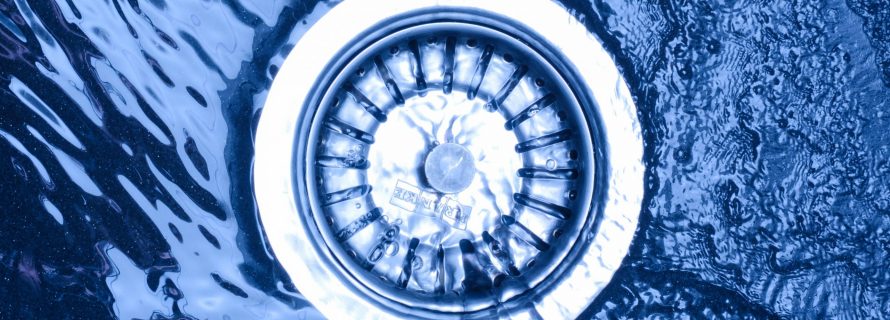4 Major Causes of Blocked Drains in Your Homes

Blocked drains can happen at any time of year, but some are seasonal due to lifestyle and temperature changes. If your drain is clogged, you must first determine what kind of drain it is. Is it sewage or rainwater? The removal of major pipe blockages would necessitate the assistance of a plumber. With a few maintenance tips, you might be able to avoid the blockage altogether.
Blocked Drains: What Causes Them?
Here are some of the common causes of clogged drains in the house and some solutions:
Roots of Trees:
- Tree roots are one of the most common sources of blocked drains.
- Whether there is a gap in the pipe or if the root system is strong enough to burst through the pipe, tree roots can penetrate it.
- Some plumbers contend that the pipe must have been broken before the penetration and that tree roots may not have caused the crack. Tree roots are terrible for pipes in any case.
- Homes with large trees on or near their property are more likely to experience this form of a blocked drain.
- A jet rodding system is the only way to clear the blockage. If the drain needs to be repaired, excavation and pipe relaying will be required. The pipe can be internally relined without the need for excavation, depending on the type of break.
- The best course of action is to remove the tree to prevent the roots from rising. However, if the tree is covered by the council, it might not be possible. In this case, you can need to schedule a yearly drain cleaning and inspection to avoid having blocked drains.
Food and Fats:
- Food and fats are notorious for clogging pipes, particularly during the winter, it can cause bad odors.
- Food scraps should still be thrown away rather than flushed down the drain. Foods that swell in water, such as rice and pasta, will clog your sink.
- Fats are also bad for the drains and the shared sewage system.
- These fatbergs clog our sewers and cost our waste management systems millions of dollars in removal and repair.
- Avoid rinsing fats and oils down the drain to avoid fatberg formation. Allow them to harden before scraping them into the trash.
- Alternatively, if there are any small remnants of oil on the dishes, make sure to clean them with hot water. When dishwashing liquid enters the sink, it will disperse the slight oil residue.
- If you think fat residue is clogging your sink drain, pour boiling hot water and dishwashing detergent down to break it up. With this natural cleaning solution, you can also use bicarbonate soda and vinegar.
Wet wipes:
- Due to the widespread purchase of toilet paper, flushable wipes and paper towels have increased. Until COVID19 arrived on our shores, this was a concern due to insufficient packaging that said they could be flushed.
Slurry of soap:
- Fat-based soaps can cause a sludge buildup at the drain’s bottom. When they come into contact with hair and other human waste, they will clog the drain.
- A natural way to remove this form of blocked drains is with bicarb soda and vinegar. Pour 12 cups of vinegar over 1/3 cup of Bi-Carb Soda. On the other hand, a jet rodding system will clean the drains thoroughly to avoid clogging and possible blockages.
Conclusion:
These common causes of blocked drains are almost certain to occur on your property at some point. Hopefully, these pointers will help you avoid them, or at the very least, give you trust in your ability to unblock them. In order to unblock the blocked drains, you need to contact professional plumbers available in your locality.
About The Author: David Fenton is a professional blogger and informative content writer. He loves to write about Automotive, home improvement, & Business topics. He covers all information about home décor, windows/doors, business, automotive car service/repairs, and more.
Photo by Damir Mijailovic from Pexels
- Additions and New Construction
- All Exteriors
- Alterations
- Basements
- Bathrooms
- Customer Service
- Customer Stories
- Decks
- Design & Planning Show
- DIY
- Doors
- Educational Resources
- Extreme Makeover Home Edition
- Fashion Show
- General Remodeling
- Green Living
- Handyman Home Services
- Home Decor
- Home Entertainment
- Home Improvement
- Home Improvements
- How to Tips
- In The Community
- Kitchens
- Off-the-Wall Remodeling Stories
- Remodeling
- Resources
- Roofing
- Siding
- Social Media
- Sunrooms
- Tips & Tricks
- Trends
- Windows

